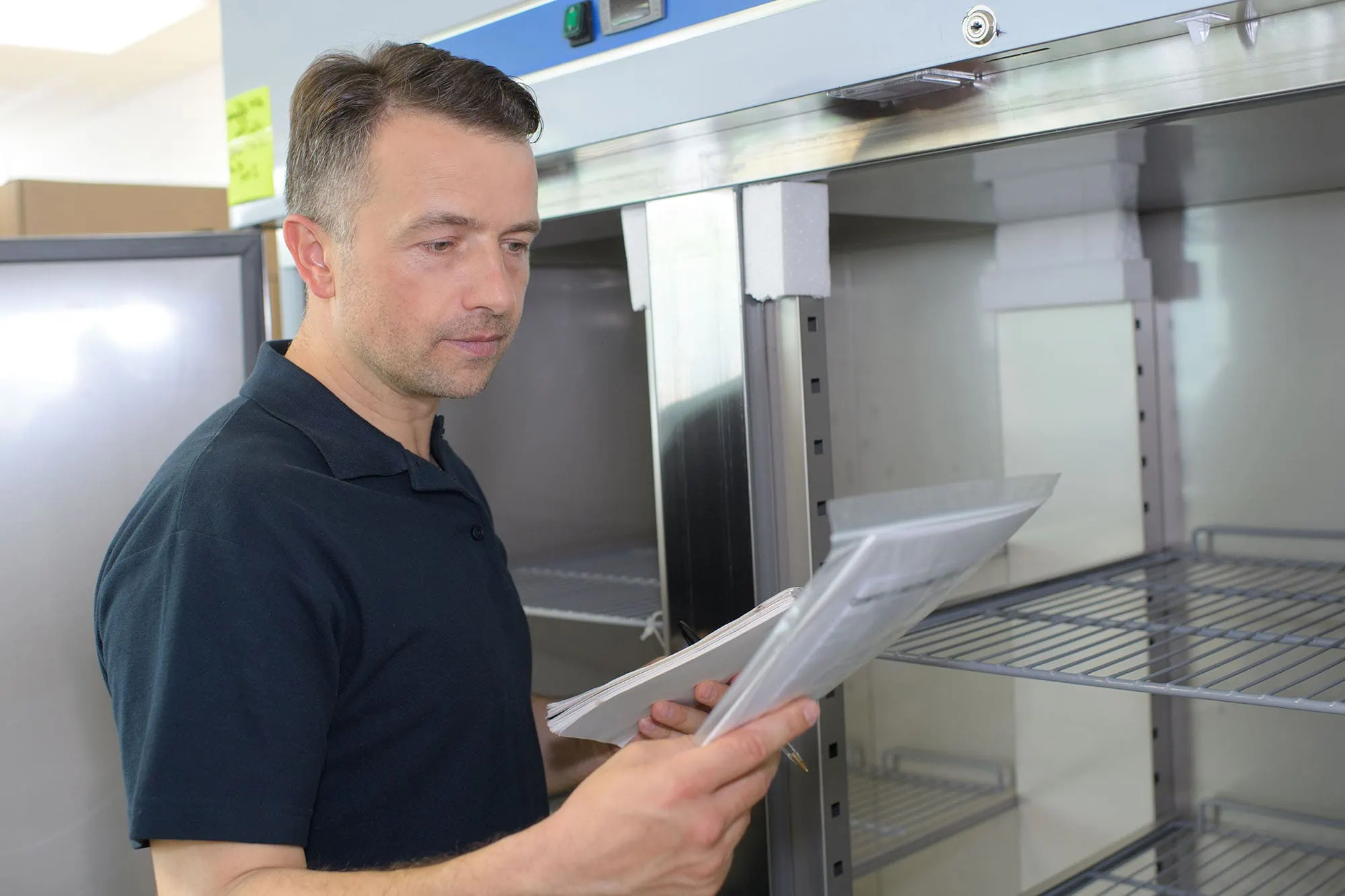
Commercial refrigeration units are of paramount importance to many businesses such as restaurants, grocery stores, and food processing facilities.
However, they harbour inherent hazards that can put the safety of your staff and customers at risk. It is therefore imperative to implement appropriate safety protocols and precautions to prevent any accidents and guarantee the longevity of your refrigeration units.
Here are some essential safety tips to keep in mind when it comes to commercial refrigeration units.
To ensure the safety of your commercial refrigeration units, the first crucial step is proper installation and placement.
This means installing the unit in a well-ventilated area that meets the manufacturer's recommendations.
Avoid placing it near heat sources or in direct sunlight as this may compromise the performance of the refrigerator and may lead to malfunctions.
Regular cleaning and maintenance are indispensable in maintaining the safe and efficient operation of commercial refrigeration units. Ensure that your staff is trained to clean and sanitise the unit regularly while following the manufacturer's guidelines for maintenance and upkeep.
Neglecting routine maintenance and cleaning may cause the buildup of harmful bacteria and mould, compromising the safety of the food stored in the unit.
Monitoring and recording the temperature of your commercial refrigeration units is crucial in preserving the safety and quality of the food stored inside.
Establish a system for routine temperature monitoring and recording, and ensure that your staff can recognise and respond to temperature fluctuations and alarms.
Preventing temperature fluctuations and maintaining food safety require that the doors and seals of your commercial refrigeration units are secure.
Check the doors and seals regularly and replace them as needed to prevent air leaks that can compromise the unit's performance.
Overloading your commercial refrigeration unit can compromise its performance and safety. Ensure that your staff is trained to load the unit properly and avoid overloading it beyond its recommended capacity.
The chemicals and materials used to clean and maintain your commercial refrigeration unit can be hazardous if not used properly. Ensure that your staff is trained to use these materials safely and according to the manufacturer's recommendations.
Protective equipment such as gloves and face masks should be used when using harsh chemicals to clean the unit.
Defrosting your commercial refrigeration unit and handling refrigerant can be hazardous if not done properly. Ensure that your staff is trained to defrost the unit safely and handle refrigerant according to the manufacturer's guidelines.
In most cases, refrigerant should only be handled by a trained service technician.
It's crucial to have a plan in place for responding to emergencies related to your commercial refrigeration unit, such as power outages or equipment malfunctions. Ensure that your staff is trained to respond quickly and effectively in the event of an emergency.
One of the most effective ways to ensure the safety of your commercial refrigeration unit is to provide your staff with thorough training and education on its operation, maintenance, and safety protocols.
Ensure that all staff members who will be working with the unit are trained and knowledgeable about its use and safety protocols.
In conclusion, the safety of your commercial refrigeration unit should be a top priority in your business establishment.
Implementing proper installation, maintenance, and safety protocols, as well as providing thorough staff training and education, can help prevent accidents and ensure the longevity and effectiveness of your refrigeration unit.